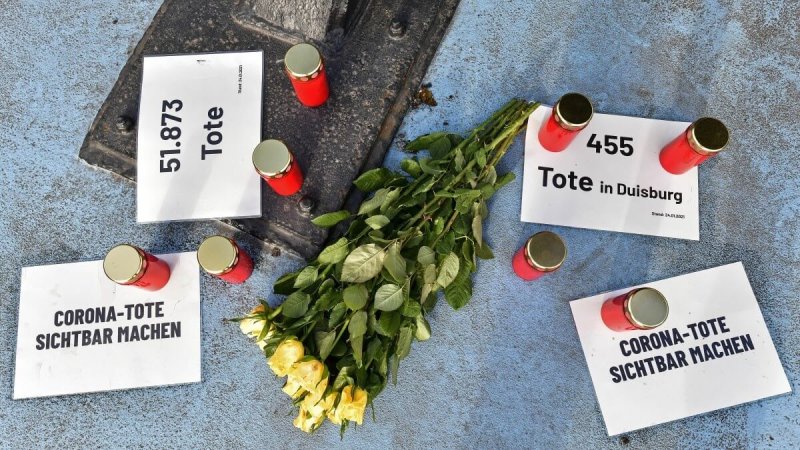Protectionism, mercantilism, bureaucratic ineptitude, lack of political accountability, crippling safety-ism—it’s all here. The Keystone Kops in Brussels and European capitals would be funny if the consequences weren’t so serious.
But hospitalizations and deaths are rising again in Italy, Germany and France while successful vaccinations suppress illness and fatalities in the U.S., United Kingdom and Israel. To date the U.S. has administered 34 doses per 100 residents, the U.K. has jabbed 40, and Israel has 111. Most vaccines require two doses. Compare that to about 12 in France, Germany and Italy.
…
Take the latest fumble first. Various European regulators and politicians spent this week claiming the Oxford/ AstraZeneca vaccine—the only one currently widely available in the EU—might be unsafe, only to rethink and now beg people to start accepting it.
Could things have been different? The Trump Administration’s Operation Warp Speed demonstrated how a large government can use its fiscal resources to fund R&D in a crisis. The U.K. and Israel have shown that small countries can leverage regulatory nimbleness to sprint ahead. But somehow the European Union—a continent-wide political bloc composed of smaller nation-states—managed to get the worst of both worlds. It’s suffering the lumbering bureaucracy of a large government and the squabbling inefficiency of a small one.































